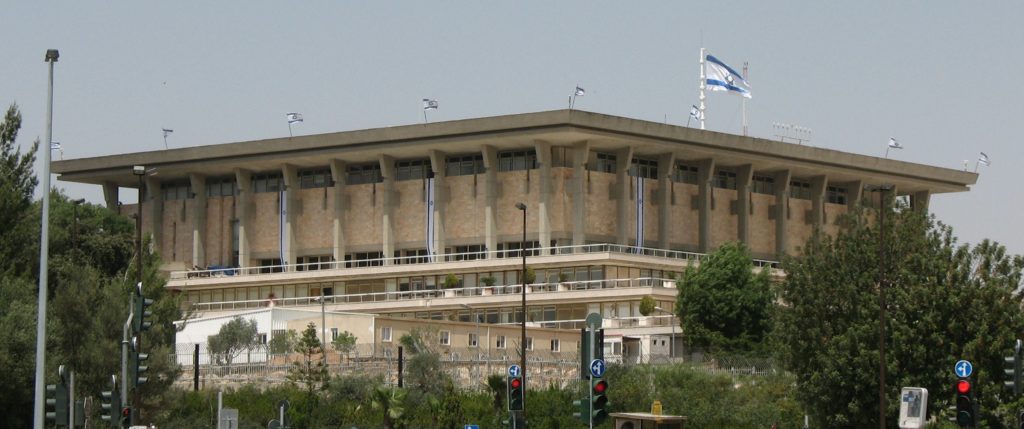The history of the Jewish people makes Israel highly sensitive to humanitarian issues. This sensitivity, in addition to Israel’s obligations under international law and the Israeli government’s commitment to human rights, informs the decisions being made regarding the influx of migrants who have entered Israel illegally through the Israeli-Egyptian border.
Israel was among the first countries to adopt and ratify the 1951 Refugee Convention. The state strictly applies the convention, including the basic idea that no person is to be returned to a country where he or she faces serious threats to life or freedom. Since 1970, despite its small size, Israel has saved people in distress and those seeking refuge from countries around the world, including, Lebanon, Egypt, Iran, Vietnam, Bosnia, Kosovo, Eritrea and Sudan. In recent years, hundreds of asylum seekers from Darfur have been afforded temporary residence status by Israel.
With that said, the data collected by the state’s Population and Immigration Authority about the approximately 39,000 migrants from Eritrea and Sudan who are currently in Israel indicates that between 70 to 80 per cent of them are of working age (19-40 years old), and that there are about five times more men than women. These numbers are consistent with a population of economic migrants, not a population of asylum seekers.
READ: IRWIN COTLER URGES ISRAEL TO REVERSE ITS POLICY ON AFRICAN MIGRANTS
In accordance with the 1951 Refugee Convention, Israel, like all other signatories, has its own national system to determine which asylum seekers qualify for international protection. The domestic framework for the processing of asylum requests in Israel was first established in 2002, as a co-ordinated effort of UNHCR (also known as the United Nations Refugee Agency) and Israel’s ministries of the interior and justice. An advisory committee to the minister of the interior examines requests for asylum and makes recommendations regarding refugee status. This committee is headed by an independent jurist and includes representatives of the ministries of the interior, justice and foreign affairs.
The Refugee Status Determination (RSD) unit interviews migrants applying for asylum to determine whether they fulfil the criteria set by the convention. A migrant whose request to be recognized as a refugee is denied may appeal to the court, or in the case of alleged changed circumstances, may resubmit his or her case to the RSD unit for the purpose of reassessment. Due to the large number of applications, the government has made every possible effort to streamline and expedite the process of examining asylum requests. Currently, priority is being given to asylum seekers from Eritrea and Sudan.
Earlier this month, the government of Israel complied with a High Court of Justice ruling to temporarily suspend a plan to relocate migrants who have entered illegally and are not eligible for asylum. The court’s ruling is part of the ongoing exchange between the executive and the judiciary as both branches continue to work in accordance with the law in addressing the legal questions regarding this plan.

The plan includes a monetary grant of US$3,500 upon voluntary departure to countries that have committed to providing migrants with residence permits that allow them to work and open businesses. It is important to emphasize that women, children, families and those whose asylum applications are pending were not part of the relocation plan and will continue to receive a special temporary permit that allows them to work.
Israel also continues to be in contact with the Canadian government (among others) regarding those asylum seekers who have already been accepted for resettlement in Canada. The Israeli government has agreed to postpone their relocation until these applications have been processed by Canadian officials.
Every country in the world has the right to secure its borders and to determine its migration policy. Israel will continue to seek the proper balance between protecting the human rights of migrants and the government’s primary obligation of protecting the welfare of Israeli citizens.
Itay Tavor is the spokesperson and head of public diplomacy at the Embassy of Israel in Canada.






